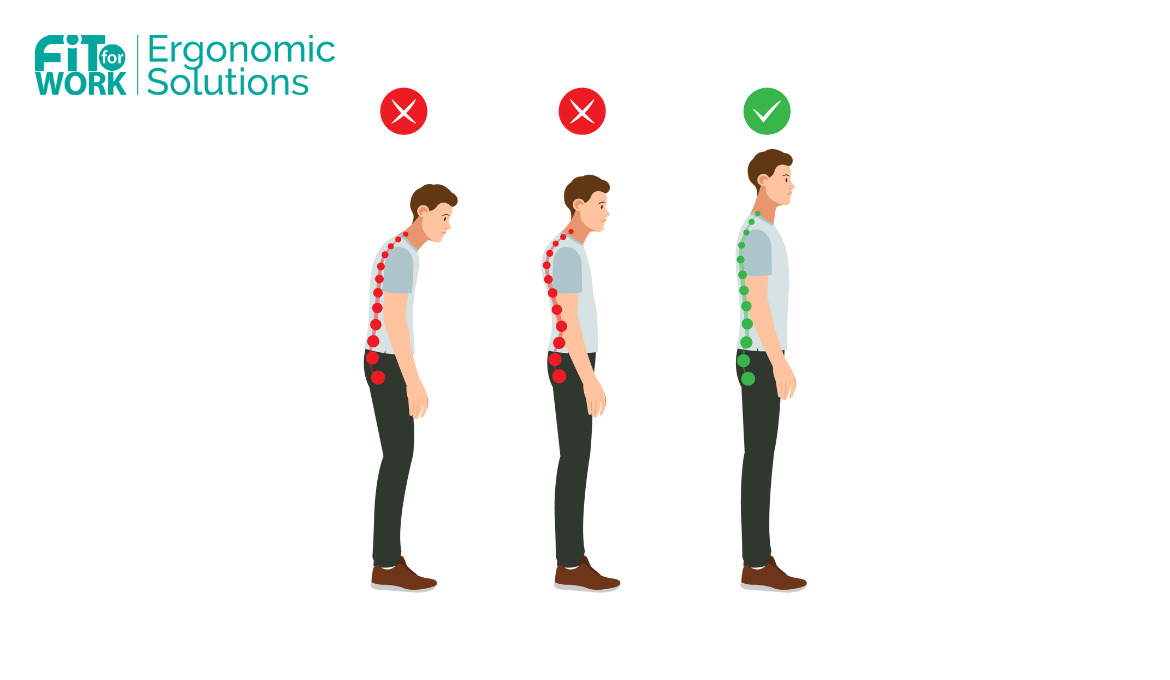Do you have ‘Zoom Fatigue’? – Video calls and Ergonomics

Estimated reading time:
We've been using zoom for over a year now and it helps us stay employed and connected. People using Zoom to spreading information, following webinars, talking in meetings, and one-to-one meetings. We’re on video calls more than ever before and many are finding it exhausting. But what is tiring us out when we are using Zoom or other video software?
Zoom fatigue is real and you are not the only one who is tired after a day of virtual meetings. In this blog, we take the time to explain what Zoom fatigue is and how to beat it!
What is Zoom Fatigue?
After a meeting, you’re incredibly tense or tired? During the meeting, it's hard to focus? Do you have a headache at the end of your working day or experience eye strain? If you did answer yes to one of these questions? Then it could be that you are experiencing Zoom fatigue. People compare it to burnout or extreme exhaustion.
People communicate even when they are silent. When we meet in person, we look at body language for most of our conversations. When using Zoom, it's harder to see body language and harder to drop silences. This is what we both need in a conversation and causes zoom fatigue at the end of the day. However, we can experience it, but how to beat it?
Three ways to beat it:
1) Take a call in a standing position.
At least at the office, there are stairs, bathroom breaks, and lunch hours which increases your movement. Working from home you are not going further than the kitchen or bathroom. Standing improves creativity, productivity, and focus. The blood flow in your body increases which means you get more oxygen. Taking your calls in a standing position is an obvious way to break up long periods of sitting and prevention for experience fatigue at the end of your working day.
2) Try not to multi-task during a zoom call.
Checking e-mail or making a shopping list, we all did it during our zoom meeting. Unfortunately, our brain is not capable of performing two tasks at the same time. Acutely we switch between the tasks we do all the time. You're not the only one that many of us multi-hoist while zooming, especially since we've been using it for over a year now. However, switching between tasks can have effects on our brains. It increases the stress level and tension in our bodies. When everyone is focused in a meeting, you can reduce your meeting time, stay on schedule, and maximize...
3) Maximum of 45 minutes.
When a meeting feels too long, you'll find a way to fill that time. Stick to a zoom meeting schedule of up to 45 minutes maximum, this is when you can be focused and productive. After 45 minutes you lose focus and maybe start multitasking. Ask yourself: do I really need to be on video for this? It's nice to see who's on the other side and it's easier to connect. However, it is not always necessary and costs more energy which causes zoom fatigue.

How can Fit for Work help?
To learn more about setting up or managing an ergonomics program that supports staff working from home or in the office or support with staying legally compliant, you can reach out to Fit for Work. For more information on our Ergonomics Self-Assessment and Education Tool, contact us.










